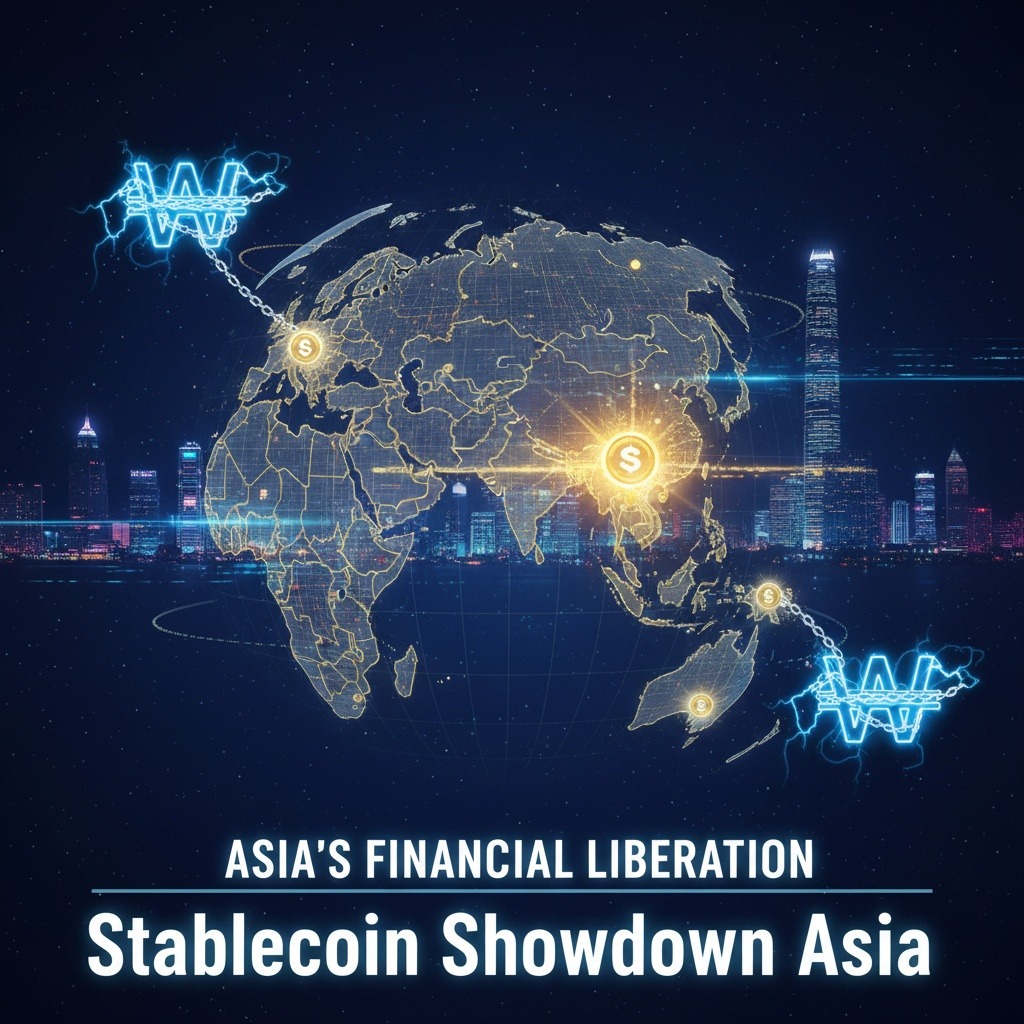In the buildup to Korea Blockchain Week in Seoul, the prospect of a Korean Won-backed stablecoin emerged as a hot topic. Advocates argue that such a digital currency could serve as an alternative to the dominant U.S. dollar. However, a significant obstacle stands in the way: strict capital controls that limit the global usability of most Asian currencies. Only the Hong Kong Dollar seems poised to emerge as a functional regional stablecoin.
Legislation aimed at legalizing stablecoins is currently navigating the South Korean political landscape. Lawmakers emphasize that the initiative is not about internationalizing the Won; rather, it seeks to safeguard the integrity of domestic monetary policy. South Korea’s capital controls, established post-1997 to mitigate capital flight, pose challenges for any stablecoin hoping to operate in global markets.
Korean officials are wary of the growing prevalence of dollar-denominated tokens like Tether (USDT) in other regions, viewing them as threats to monetary sovereignty. While the Bank of Korea’s governor acknowledges the potential for Won-backed stablecoins, concerns linger regarding their convertibility outside the domestic market. Without a regulatory sandbox akin to Hong Kong’s Special Administrative Region (SAR), a Korean stablecoin is likely destined for domestic use only.
This situation reflects a broader trend across Asia. Taiwan’s New Taiwan Dollar is similarly confined within its borders, while the Chinese Renminbi remains only partially convertible. Beijing has leaned on the offshore Renminbi (CNH) market to manage currency flows, further demonstrating the limitations imposed by capital controls. Most proposals for stablecoins within these regions cater to local policies and fail to achieve global scalability.
Hong Kong, however, occupies a unique position. With a fully convertible dollar and a currency board that ties the HKD to the U.S. dollar within a specified trading band, the region experiences unrestricted capital flows. The Hong Kong Dollar is already integrated into international finance, being utilized in global bond markets and cross-border transactions. A tokenized version of the HKD could potentially function on the global stage, thereby fulfilling local policy needs while also providing international liquidity.
The irony is evident: capital controls put in place to uphold monetary sovereignty inadvertently reinforce the standing of dollar-backed stablecoins. Without a commitment from regional governments to liberalize their financial systems, the Hong Kong Dollar remains the only local currency that could feasibly compete with major stablecoins like USDT and USDC internationally. However, with its peg to the U.S. dollar, one might argue that the HKD already acts as a quasi-stablecoin in its own right.
Meanwhile, significant market movements indicate a cautious atmosphere in the cryptocurrency realm. Bitcoin (BTC), which is pricing at about $112,000, has begun to draw down as exchange-traded fund (ETF) investments declined earlier this week. Investors retracted $363 million from BTC ETFs, as per data from SoSoValue.
Ethereum (ETH) has also seen a downturn, underperforming Bitcoin as investor sentiment weakens despite long-term viability through staking and decentralized finance (DeFi) initiatives.
On the traditional markets side, gold has been reaching new heights, driven by expectations for U.S. rate cuts, a weakening dollar, and a growing demand for secure investments amid global economic uncertainty. Conversely, the Nikkei 225, which tracks Japanese stocks, experienced a slight drop of 0.33% as regional markets reacted to U.S. stock dynamics. The S&P 500 has remained stable after a recent retreat from its all-time high.
In surrounding news, the U.S. Commodity Futures Trading Commission (CFTC) is examining the inclusion of stablecoins in tokenized collateral initiatives, while Morgan Stanley plans to enable trading for Bitcoin, Ethereum, and Solana through E*Trade. Notably, Binance co-founder Changpeng Zhao has dismissed claims that YZi Labs will seek outside funding.



